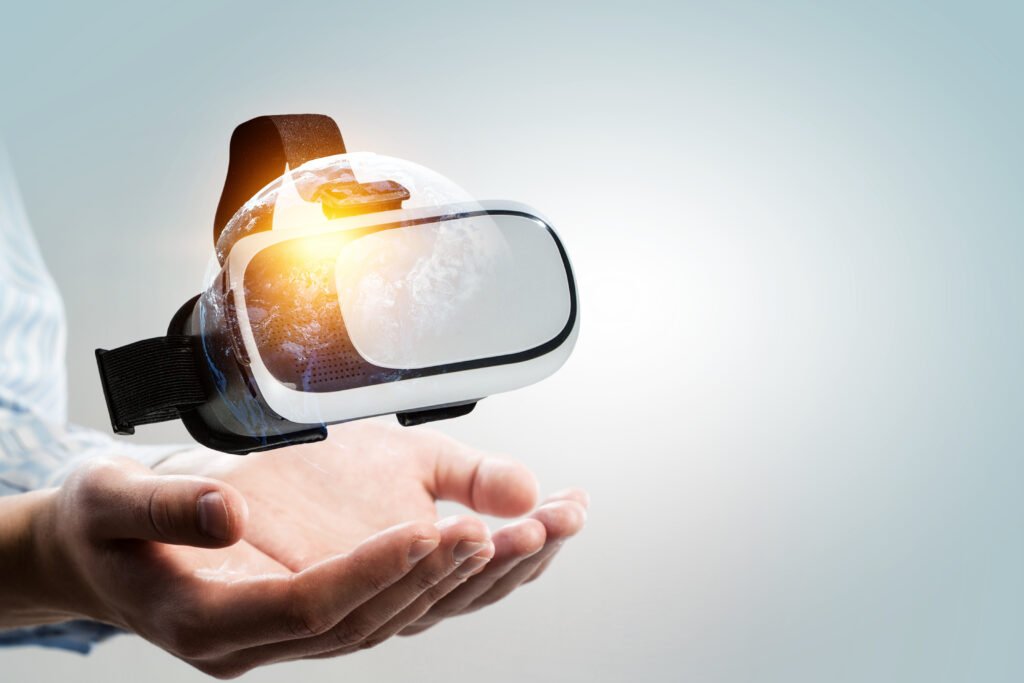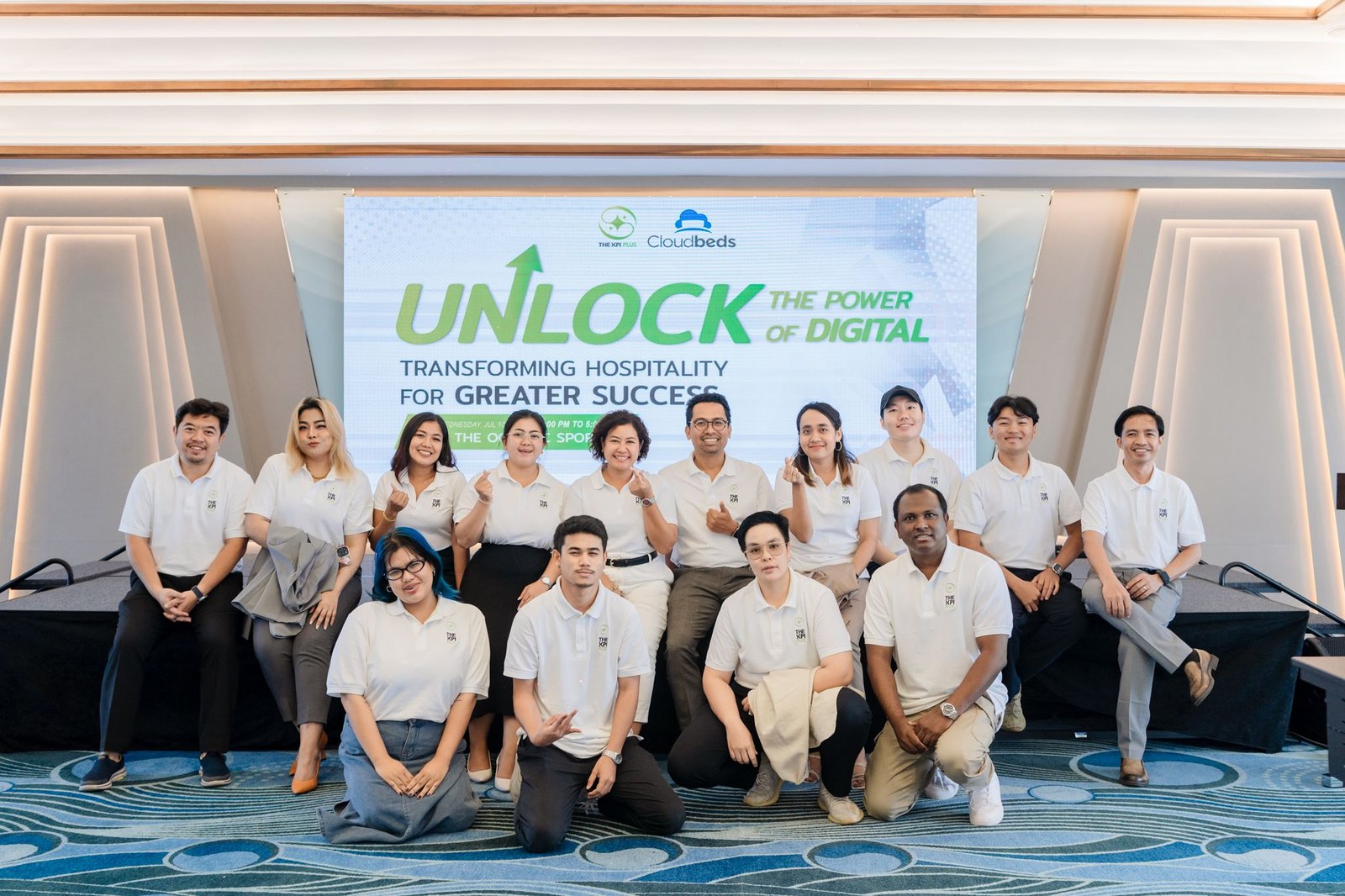Definition of Experiential Marketing
Experiential Marketing is about creating meaningful and memorable experiences for customers through engagement in various activities organized by a brand or business. For the hotel industry means providing special and unique experiences to guests to leave a lasting impression and create positive memories In an era of high competition in the hotel industry, operators are constantly seeking ways to attract customers, create differentiation, and leave a lasting impression. Experiential Marketing has emerged as a crucial strategy that helps hotel businesses achieve these goals.

Strategies for Experiential Marketing in the Hotel Industry
1.Unique Room Designs: Decorating rooms with special themes or using distinctive materials can impress guests and make the hotel memorable. For example, rooms designed with local decor or equipped with cutting-edge technology.
2.Special Activities and Programs: Organizing unique and special activities such as local cooking classes, tours of nearby attractions, or cultural and artistic events can help guests feel connected to the area and create memorable experiences.
3.Exceptional Service: Providing service that exceeds expectations, such as warm welcomes, personalized travel recommendations, and prompt and efficient responses to guest needs, will leave a lasting impression and make guests feel special.

Benefits of Experiential Marketing in the Hotel Industry
1.Building Customer Loyalty: Guests who have a positive and memorable experience are more likely to return and recommend the hotel to others.
2.Increasing Value and Differentiation: Creating unique and special experiences sets the hotel apart from competitors and attracts more customers.
3.Promoting Word-of-Mouth Marketing: Guests who have memorable experiences often share them on social media and through word-of-mouth, which is an effective form of promotion.

Examples of Hotels Successfully Using Experiential Marketing
1.The Ritz-Carlton: Known for its exceptional service, Ritz-Carlton trains its staff to respond to guests’ needs superbly, making guests feel special and creating memorable experiences.
2.Six Senses Hotels Resorts Spas: Focuses on health and relaxation experiences, offering detox programs, spas, and various wellness activities.
3.W Hotels: Emphasizes modern design and fun activities such as parties and special events, providing guests with unique and unforgettable experiences.










